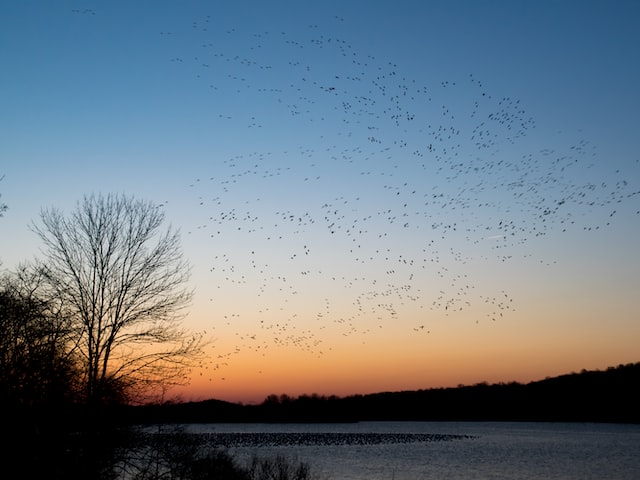
Source: xn--ziervgel-r4a.com
Introduction
Having birds as pets can be a wonderful experience. Birds like Finken are known for their vibrant colors and cheerful songs, bringing joy and liveliness to any home. However, it is important to be aware of the potential health risks associated with keeping Finken and other birds as pets. In this blog post, we will explore whether Finken can transmit diseases to other animals and what precautions you can take to protect both your pets and yourself.
Understanding Zoonotic Diseases
Zoonotic diseases are infections that can be transmitted from animals to humans. These diseases can be caused by bacteria, viruses, parasites, or fungi. While it is well-known that certain animals like rodents or reptiles can carry zoonotic diseases, less is known about the risks posed by birds, including Finken.
Potential Health Risks
While Finken and other birds can make great pets, it is important to be aware of the potential health risks they may pose. Birds have the potential to carry bacteria and viruses that can cause diseases both in themselves and in other animals, including humans. Here are a few examples of zoonotic diseases that can be transmitted by birds:
-
Psittacosis: Also known as parrot fever, psittacosis is caused by the bacterium Chlamydia psittaci. While parrots are commonly associated with this disease, it can also affect smaller birds like Finken. Symptoms in humans include fever, chills, headache, and respiratory problems.
-
Avian Influenza: Avian influenza, also known as bird flu, is caused by various strains of the influenza virus. Although rare, transmission from birds to humans has occurred. Symptoms can range from mild to severe, including fever, cough, sore throat, and in severe cases, respiratory distress.
-
Salmonellosis: Salmonellosis is caused by the bacterium Salmonella, which can be found in the feces of infected birds. It can cause symptoms such as diarrhea, fever, and abdominal pain in humans. It is important to practice good hygiene, especially when handling bird cages or cleaning up after them.
Preventing the Spread of Diseases

Source: xn--ziervgel-r4a.com
Now that we are aware of the potential health risks associated with Finken and other birds, it is crucial to take preventive measures to protect both your pets and yourself. Here are some important steps you can take:
-
Regular Veterinary Check-ups: Schedule regular check-ups with a veterinarian who specializes in avian medicine. They can perform health assessments, provide vaccinations if necessary, and educate you on proper bird care.
-
Hygiene Practices: Practice good hygiene when handling birds or cleaning their cages. Wash your hands thoroughly with soap and water after any contact. Avoid touching your face or eating while handling birds.
-
Proper Housing and Cleaning: Ensure that your Finken’s cage is kept clean and sanitized regularly. Remove droppings and uneaten food promptly to prevent the growth of bacteria. Regularly disinfect the cage using bird-safe products recommended by your veterinarian.
-
Quarantine for New Birds: If you are introducing a new Fink to your home or adding another bird to your flock, it is important to quarantine the new bird for a period of time. This helps to prevent the spread of any potential diseases to your existing birds.
Conclusion
It is important to be aware of the potential health risks associated with Finken and other birds. While they can be wonderful pets, they can also carry diseases that can spread to other animals, including humans. By taking the necessary precautions and following proper hygiene practices, you can help ensure the health and well-being of your Finken and other pets. Regular veterinary check-ups, proper housing and cleaning, and practicing good hygiene are all important steps in preventing the spread of diseases.
Remember, being informed and proactive is the key to keeping both your Finken and yourself healthy and happy.
Stay safe and enjoy the company of your feathered friends!
References:
- Centers for Disease Control and Prevention (CDC) – Psittacosis
- World Health Organization (WHO) – Avian Influenza
- Centers for Disease Control and Prevention (CDC) – Salmonellosis
Recommended Video:
Leave a Reply